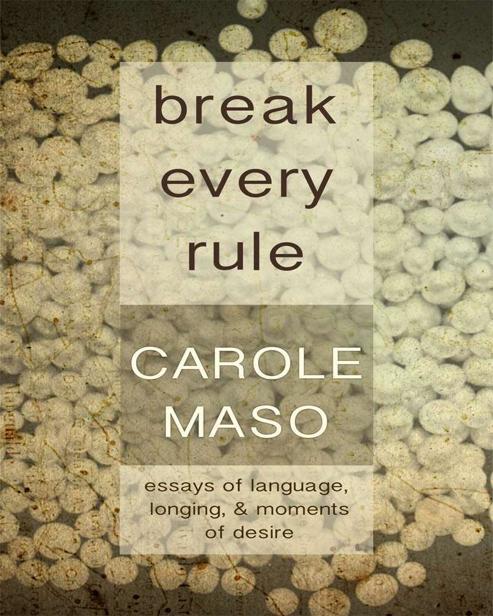
Break Every Rule
- اطلاعات
- نقد و بررسی
- دیدگاه کاربران
نقد و بررسی

April 17, 2000
"Line by line I have tried to get closer to an erotic language...and enter a sexual reverie on the level of language." Thus Maso, author of six novels (Ghost Dance; Defiance) and a powerful presence in the New York literary world, describes her critical/creative project of "ecstatic criticism" in this latest offering. Defying generic distinctions like "personal essay," "critical theory," "poetry" and "autobiography," Maso provides readers with 10 pieces that, on one level, are freewheeling in style and content and, on another level, are deeply focused and agenda-driven. In the title piece (which originated as remarks made at Brown University's Gay and Lesbian Conference in 1994), Maso encourages writers to challenge all of their assumptions about literary style ("when we make shapes on paper why... does it so often look like the traditional, straight models, why does our longing look... like John Updike's longing?"). Maso, who is from Paterson, N.J., considers herself a "daughter" of William Carlos Williams and Allen Ginsberg, although the guiding presence of Gertrude Stein seems stronger throughout, especially in a piece such as "A Novel of Thank You" (written "for Gertrude Stein"): a meta-novel, an outline for a yet-to-be written novel, including lines of thanks to Stein for "your freedoms. Released at last from the prisons of syntax. Story." Maso's is writing that goes out on a stylistic limb. As a result, readers are likely to be polarized in their reactions. Some will find her advice to "break every rule" of narrative truly subversive, while others may find it stuck in the adolescent fantasy that rebellion against authority is inherently liberating. Agent, Georges Borchardt Inc.

May 1, 2000
Maso, who has published six novels and currently teaches writing at Brown University, is known as a difficult, experimental writer, influenced by the arts and poetry. Her most recent novel, Defiance, has been called an extended interior monolog. The current collection resembles, if not a monolog, then at least a writer's journal. Autobiographical in nature, it tells of her personal and artistic life: her first childhood experience with the alphabet, a friend's dying of AIDS, and the difficulties of publishing. Like the poet May Sarton, she is subject to strong emotions, ranging from despair to elation to falling in love, whether with language or a partner. Two of the essays, "Except Joy: On Aureole" and "Precipice, Verge, and Hurt Not," appeared originally in Review of Contemporary Fiction. For larger academic collections where interest warrants its purchase.--Nancy P. Shires, East Carolina Univ., Greenville, NC
Copyright 2000 Library Journal, LLC Used with permission.




دیدگاه کاربران